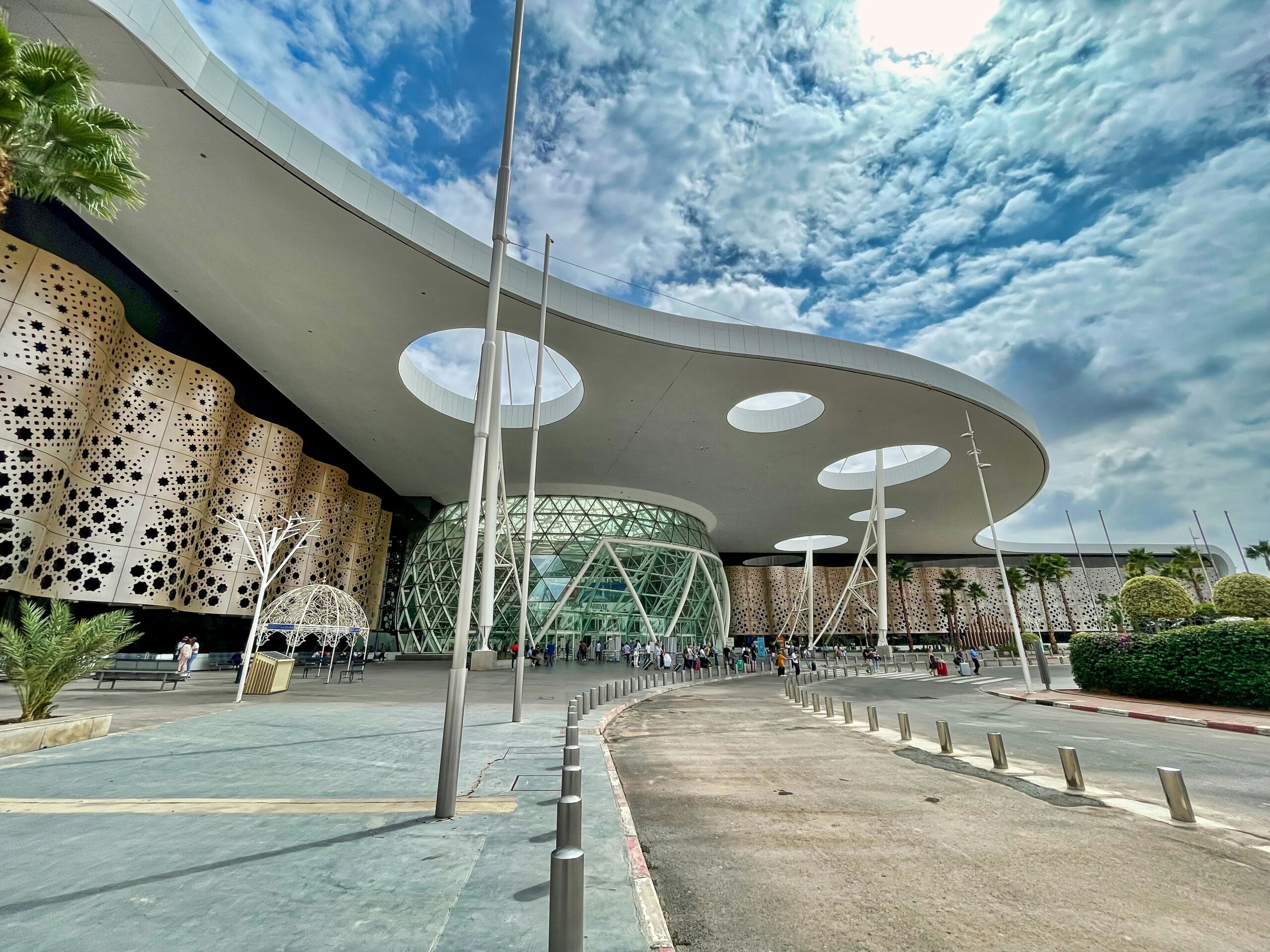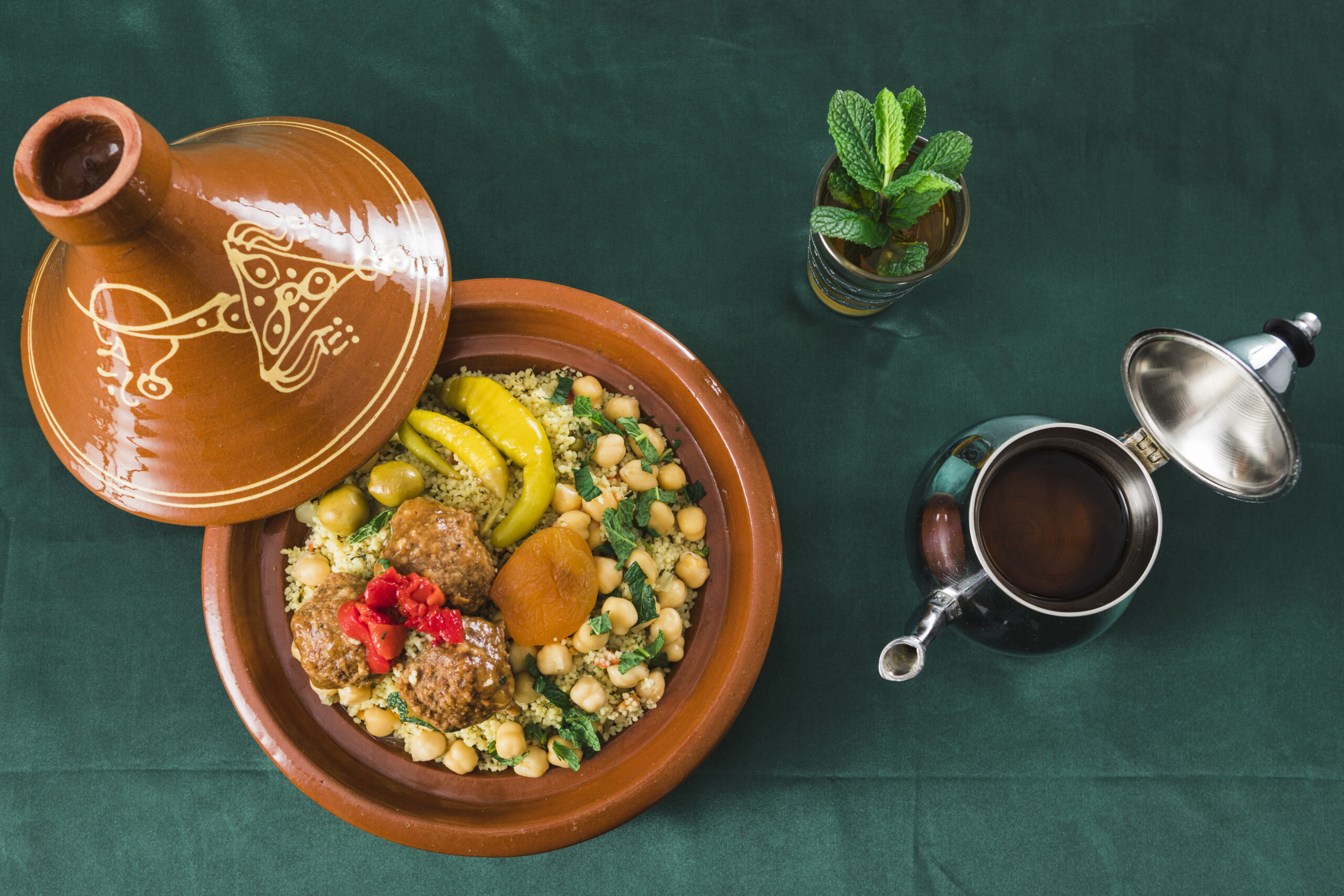
Cultural Do’s and Don’ts in Morocco: Essential Guide for Respectful Travel
Last updated: March 2025
The scent of spices wafts through narrow alleyways as the call to prayer echoes across ancient medina walls. A merchant smiles warmly, offering you a glass of mint tea before you’ve even glanced at his wares. This is Morocco – a land where hospitality isn’t just a nicety but a sacred tradition that dates back centuries.
As enchanting as Morocco is, navigating its rich cultural landscape requires awareness and respect. What might seem like an innocent gesture in your home country could unintentionally cause offense here. Did you know that giving someone a thumbs-up in Morocco can be as offensive as raising your middle finger in Western countries?
This guide will walk you through essential cultural considerations when traveling to Morocco, helping you connect meaningfully with locals while avoiding common faux pas that many tourists unwittingly commit.
Understanding Morocco’s Cultural Tapestry
Before diving into specific etiquette rules, it’s important to appreciate Morocco’s diverse cultural makeup. The kingdom blends Berber, Arab, African, and European influences, creating distinct customs that vary between urban centers like Casablanca and rural Berber villages in the Atlas Mountains. While the country is predominantly Muslim, Judaism and Christianity have long histories here too, contributing to Morocco’s unique cultural identity.
Greetings and Communication
The Art of the Moroccan Greeting
Moroccans place tremendous importance on greetings – they’re not just pleasantries but foundations for all social interactions.
- Traditional Islamic greeting: “As-salamu alaykum” (Peace be upon you) with the response “Wa alaykum as-salam” (And peace be upon you)
- French influence: “Bonjour” or “Ca va?” are common in urban areas
- Berber greeting: “Azul” is used in Berber communities
When meeting someone, especially elders or authority figures, address them with respectful titles like “Sidi” (Sir) or “Lalla” (Madam). Rushing through greetings or skipping them entirely signals disrespect, so take the time to properly acknowledge others.
Body Language Matters
Your non-verbal communication speaks volumes:
- Use your right hand for giving or receiving items, as the left hand is traditionally considered unclean
- Avoid pointing with your index finger – instead, gesture with your entire right hand
- Maintain appropriate eye contact without staring, especially with the opposite gender
- Refrain from showing the soles of your feet to others, which is considered insulting
“In Morocco, the ritual of greeting isn’t just social lubricant – it’s the foundation upon which all meaningful interaction is built.” – Moroccan proverb
Conversation Guidelines
While Moroccans are generally warm and curious about visitors, certain topics require caution:
- Safe topics: Moroccan culture, food, crafts, family (general questions), and football (soccer)
- Topics to approach carefully: religion (let Moroccans initiate these discussions), the monarchy, Western Sahara
- Topics to avoid: direct criticism of Islam or the King, intimate personal questions, and political critiques
The Moroccan concept of “hshuma” (shame) governs many social interactions. Actions that bring shame to oneself or others are strongly discouraged. This cultural value explains why discretion and saving face are so important.
Dress Code: Respecting Local Sensibilities
For Women Travelers
Morocco’s dress code is more relaxed than in some Muslim countries, but modesty remains important:
- Cover shoulders, chest, and knees, especially when outside tourist areas
- Loose-fitting clothes are preferable to tight or revealing attire
- In major cities like Casablanca or Rabat, standards may be more relaxed, but rural areas tend to be more conservative
- Carry a light scarf for impromptu visits to religious sites where head covering is required
For Men Travelers
While men have more flexibility:
- Avoid tank tops or very short shorts, especially in conservative areas
- Long pants and shirts with sleeves are appropriate in most settings
- Beachwear should be restricted to beaches and hotel pools
As a general rule, observe what locals are wearing and adjust accordingly. Dressing respectfully demonstrates cultural awareness and often results in more genuine interactions with Moroccans.
Dining Etiquette: Breaking Bread the Moroccan Way
Food isn’t just sustenance in Morocco – it’s a social institution and expression of hospitality that follows specific protocols:
- Always wash hands before and after meals (a washing basin is often brought to the table)
- Eat with your right hand, particularly when sharing communal dishes
- Wait for the host or eldest person to begin eating before you start
- Try everything offered – refusing food can offend your host
- Compliment the food and the cook – Moroccans take great pride in their cuisine
- Leave a small portion on your plate to show you’ve had enough
The Tea Ceremony
Mint tea is more than a beverage – it’s a symbol of Moroccan hospitality:
- Never refuse the offer of tea – it’s considered a gesture of friendship
- Wait for your host to pour (often from an impressive height to create foam)
- Accept at least two glasses – refusing a second serving might suggest the first wasn’t enjoyable
“The first glass of tea is as gentle as life, the second is as strong as love, the third is as bitter as death.” – Moroccan saying about traditional mint tea
Visiting Religious Sites: Sacred Spaces
Morocco’s mosques and religious institutions follow strict protocols:
- Most mosques are closed to non-Muslims, with the Hassan II Mosque in Casablanca being a notable exception that offers guided tours
- When visiting accessible religious sites:
- Remove shoes before entering
- Women should cover their hair, shoulders, and knees
- Men should wear long pants
- Speak quietly and avoid flash photography
- Never touch religious texts or artifacts without permission
Respect prayer times (five times daily), when you’ll hear the call to prayer across cities and villages. During these periods, some businesses may briefly close, so plan accordingly.
Ramadan Considerations
If traveling during Ramadan, Morocco’s customs shift significantly:
- Avoid eating, drinking, or smoking in public during daylight hours out of respect for those fasting
- Expect altered business hours, with many places opening later and closing earlier
- Restaurants in tourist areas may remain open, but eating discreetly is appreciated
- After sunset, join in the festive atmosphere as cities come alive with food and celebration
Ramadan offers a unique cultural experience, but requires additional sensitivity and planning.
Bargaining and Shopping: The Art of Negotiation
Bargaining is an expected part of shopping in souks (markets), but follows certain unwritten rules:
- Start by establishing rapport with the vendor – greet them properly and perhaps accept their offer of tea
- Express genuine interest in their products before beginning negotiations
- Begin by offering roughly 40-50% of the initial asking price
- Negotiate with humor and patience, not aggression
- Be prepared to walk away if you can’t reach an agreeable price
- Once you’ve agreed on a price, honor it – backing out is considered very rude
Remember that bargaining is both a practical and social exchange. The process should be enjoyable for both parties.
Photography Etiquette
Morocco offers incredible photographic opportunities, but requires ethical approach:
- Always ask permission before photographing people
- Respect refusals without question
- Be prepared to pay a small tip if someone poses for you, especially traditional water sellers or snake charmers who make their living this way
- Avoid photographing military installations, border areas, or government buildings
Tipping: Supporting the Local Economy
Tipping (or “baksheesh”) is an important part of Morocco’s service economy:
- Restaurants: 10% if service isn’t included
- Hotel staff: 10-20 dirhams for porters, 20-30 dirhams per day for housekeeping
- Taxi drivers: Round up the fare or add 10%
- Tour guides: 100-150 dirhams per day is customary
- Bathroom attendants: 2-5 dirhams
Carrying small denominations makes tipping easier and is appreciated by service workers.

General Behavior Guidelines
These broader principles will help you navigate most social situations:
- Show respect for elders – offer your seat, listen attentively when they speak
- Exercise patience in all interactions – Morocco operates on “desert time,” not Western schedules
- Avoid public displays of affection between couples
- Maintain composure even in frustrating situations; raising your voice is considered inappropriate
- If invited to a Moroccan home, bring a small gift like pastries or good quality sugar for the hosts
When receiving unwanted attention from vendors or guides, a polite but firm “La, shukran” (No, thank you) usually suffices. If persistence continues, simply move along without engaging further.
Embracing Cultural Exchange
Understanding Cultural Do’s and Don’ts in Morocco isn’t about walking on eggshells – it’s about creating space for genuine connection. By respecting Moroccan cultural considerations, you transform from a mere tourist to an honored guest.
The beauty of travel lies not just in seeing new places but in experiencing different ways of being. Morocco rewards those who approach its customs with an open heart and mind, offering friendship, wisdom, and memories that last a lifetime.
Before you go, remember that Moroccans are generally understanding of cultural missteps made by visitors who show sincere respect and willingness to learn. The effort you make to honor local traditions won’t go unnoticed.
What aspects of Moroccan cultural etiquette concern you most as you plan your journey? Share your thoughts in the comments below!
This guide to traveling to Morocco: cultural considerations was last updated in March 2025 to reflect current customs and practices.



